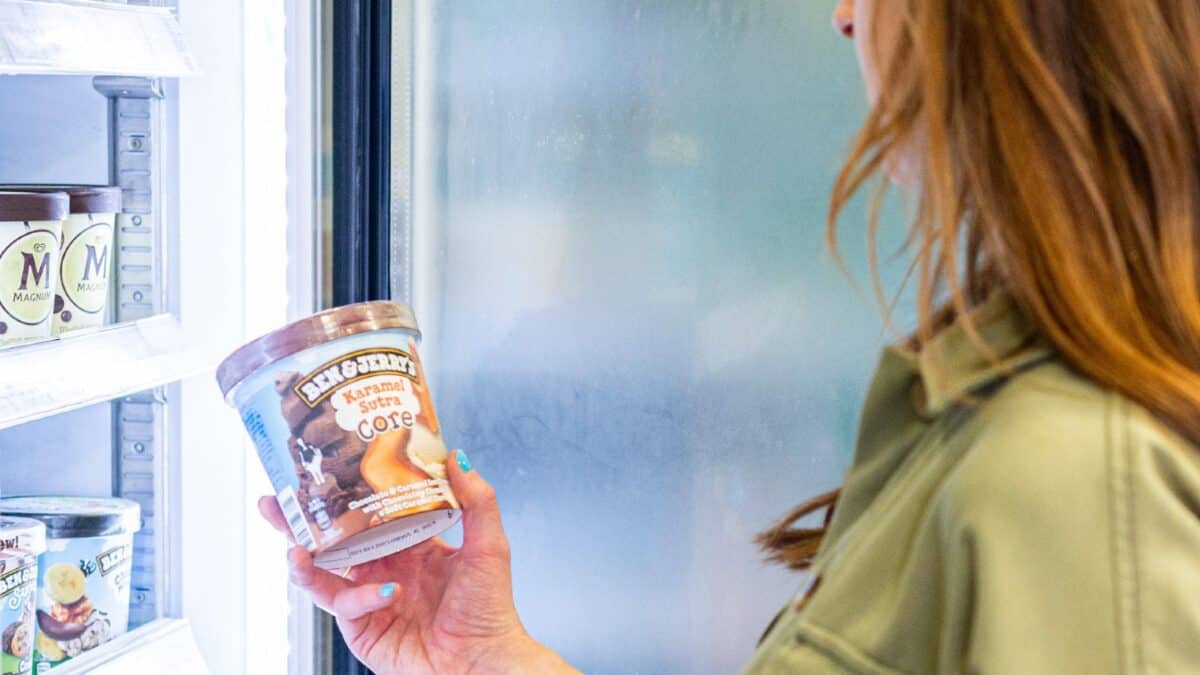The Unilever (LSE:ULVR) share price might have risen lately, but it still looks like a good passive income opportunity to me. I’m impressed by the company’s overhaul (see below) and expect more to come.
Right now, 823 Unilever shares would cost £32,498, That’s a lot, but the return on offer starts with a dividend worth £100 a month and I think there could well be significantly more to come.
Dividend growth
Right now, Unilever shares come with a dividend yield of just under 3.8%. And over the last decade, the company has increased its dividend per share by an average of 5% a year.
If this continues, a £32,498 investment today would return £432 a month in dividends 30 years from now. That’s a return of around 16% a year, without reinvesting dividends along the way.
The question for shareholders though, is whether this is realistic. With earnings per share increasing at an average of 4.5% a year over the last 10 years, there’s a risk it might not be.
Fortunately, Unilever has a plan to reinvigorate its earnings growth. And the latest move involves disposing of its ice cream division, including brands such as Ben & Jerry’s, Magnum, and Wall’s.
A stock in transition
Unilever is a business in transition. At the start of the year, the company outlined a plan to boost its earnings by selling off its weaker assets, investing in its stronger ones, and improving efficiency.
The latest news is that it’s not just 90’s beauty brands such as Brylcreem, Timotei, and V05 being sold, but that ice cream division which contains five of the top 10 products in the category by sales.
In doing so, Unilever intends to cut 7,500 jobs (just over 5% of its total workforce) and save £684m over the next three years. Furthermore, management’s aiming for revenue growth of 5% a year.
The strategy of divesting auxiliary operations to focus on core projects has been pursued by GSK, Johnson & Johnson, and Kellanova (formerly Kellogg’s) recently. And I think it’s a good one.
Is it the right strategy?
Analysts identified Unilever’s ice cream division as a candidate for divestiture some time ago. Despite the strength of the company’s brands, returns are low and capital requirements are high.
This is partly due to the (obvious) fact that the product has to be frozen throughout its production and distribution. As a result, it costs more to manufacture than other Unilever products.
As a result, I don’t have a problem with the company selling off some of its strongest brands. The biggest risk, as far as I can see, comes from what management plans to do with the cash.
Investing in strong brands is vital, but there’s a question of how much scope for growth Dove, Hellman’s, and Domestos have. The danger is consumers trading down might be a durable trend.
Why I’d buy
Restructuring inevitably brings risk. I think Unilever’s strategy is promising, though, and this could set the business up to be a great source of passive income over the long term.
The share price might be going up as the market reacts positively to the company’s latest news. But I wouldn’t let this put me off – even at today’s prices, the stock looks like a bargain to me.







